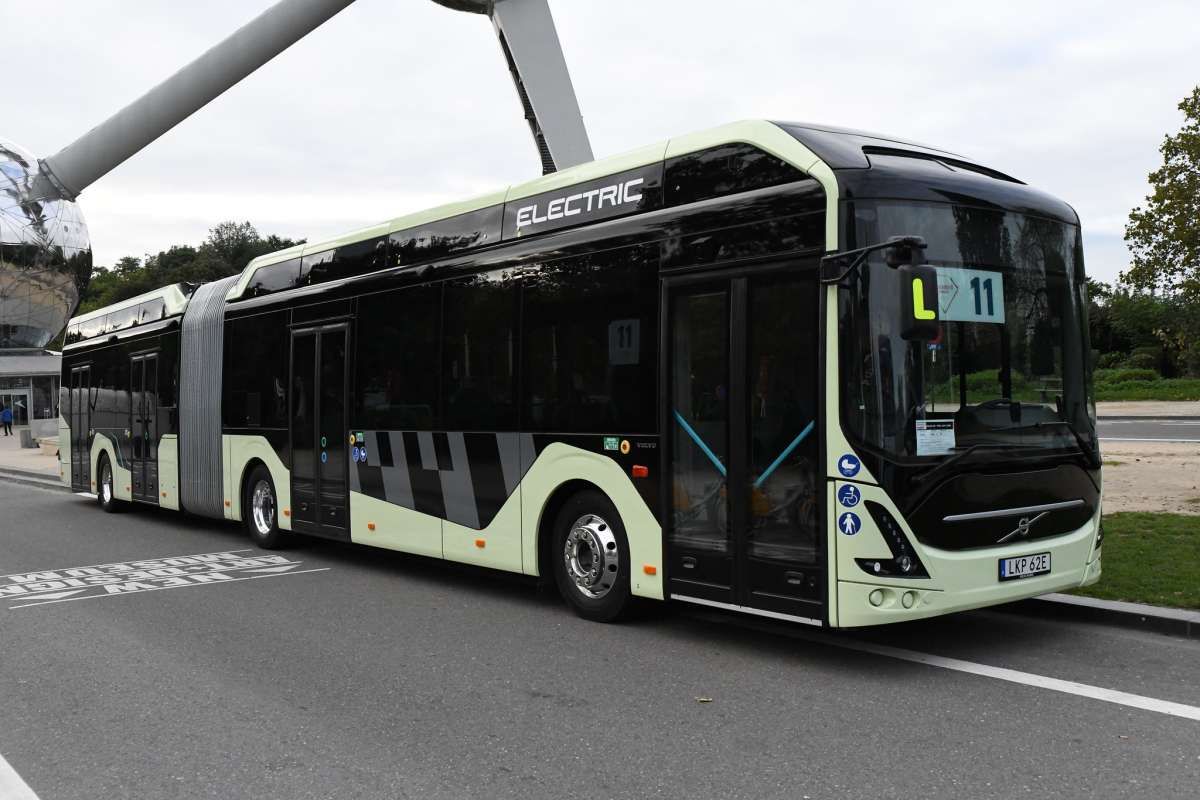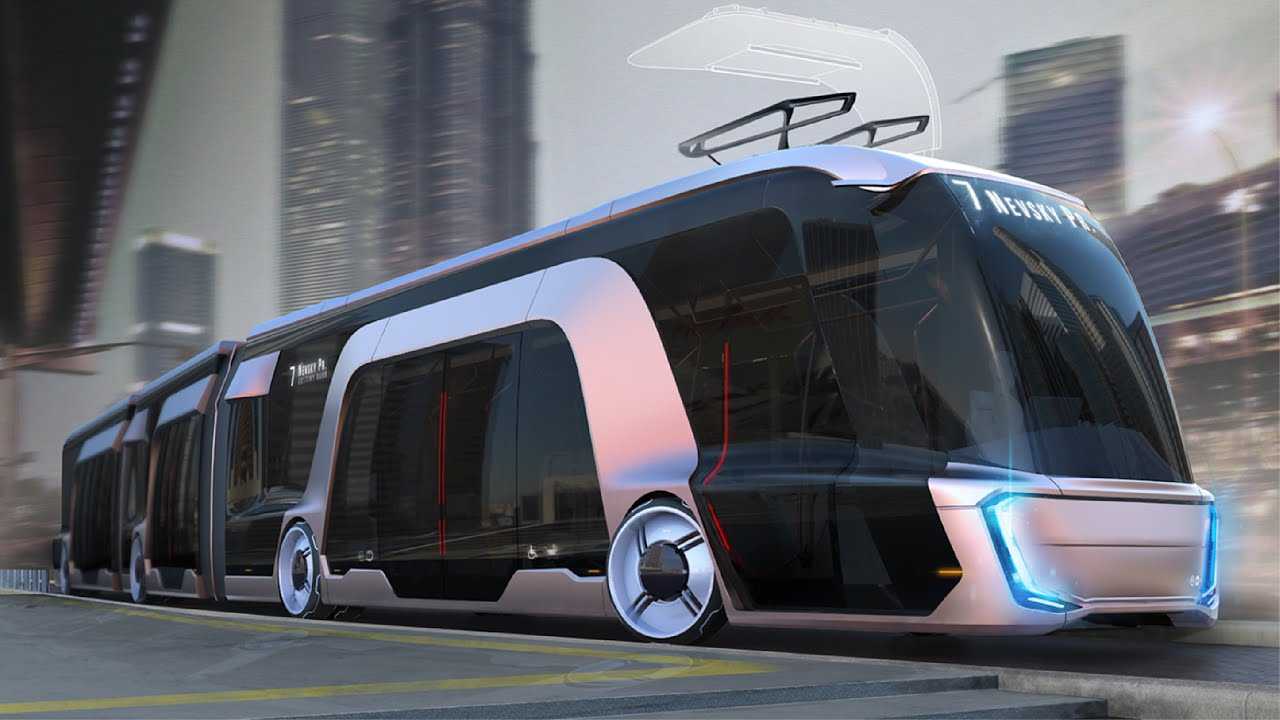Surge in Electric Buses: A significant increase in electric bus adoption across Europe, with 42% of city buses now zero-emission.
A recent update from the European transportation sector indicates a significant shift towards sustainable practices. According to the latest findings by CME, a notable 42% of city buses in Europe have transitioned to zero-emission models by the end of 2023. This surge marks a pivotal moment in the continent's mobility landscape as the adoption of electric buses gains momentum.
Environmental Impact: Electric buses contribute to reduced carbon emissions and improved air quality compared to traditional diesel buses.
Europe boasts a staggering 87 million regular bus commuters, predominantly comprising individuals commuting to work or school. While buses offer a more environmentally friendly alternative to individual car usage, traditional fuel-based models still leave a considerable carbon footprint. However, the tide is turning as electric buses emerge as a viable solution to combat pollution and reduce greenhouse gas emissions.
Challenges: High initial costs, infrastructure development, and power supply constraints hinder widespread adoption.
The CME report underscores a remarkable 53% increase in registrations within the European e-bus market in 2023, with over 42% of city buses now operating as zero-emission vehicles, including those powered by hydrogen fuel cells.
Charging Infrastructure: The importance of charging infrastructure, including charging stations and grid capacity, for electric bus operations.
Despite the environmental benefits electric buses offer, several hurdles hinder their widespread adoption. Issues such as cost, infrastructure development, and power supply constraints remain key challenges that demand attention. The initial high cost of electric buses, primarily attributed to expensive battery technology, presents a significant financial barrier. Nonetheless, experts anticipate a gradual reduction in costs as battery prices continue to decline in the future.
Additionally, the establishment of charging infrastructure poses a logistical challenge. Strategic placement of charging stations along main routes at optimal intervals is crucial for ensuring seamless operations. Moreover, the existing infrastructure often struggles to meet the high-power demands required for rapid charging, putting strain on the power grid. To address these challenges, ongoing research aims to identify innovative solutions and optimize charging strategies.
Charging Strategies: Various charging methods such as overnight, in-motion, and opportunity charging.
Electric bus charging strategies encompass three main approaches: overnight or depot-only charging, online or in-motion charging, and opportunity or flash charging. Each strategy offers unique advantages and caters to specific operational requirements. While overnight charging facilitates uninterrupted daily operations with large-capacity batteries, online and opportunity charging systems provide flexibility and efficiency at the expense of higher upfront costs.
Market Growth: The electric bus charging infrastructure market is experiencing substantial growth.
The global electric bus charging infrastructure market witnessed significant growth, reaching $1.9 billion in 2021, and is projected to expand further, reaching $18.8 billion by 2030. This exponential growth reflects the increasing demand for sustainable transportation solutions worldwide. Charging infrastructure solutions encompass a range of offerings, including public charging stations, subscription plans, and grid management technologies aimed at optimizing electricity distribution.
Industry Collaboration: Collaboration between automakers and component manufacturers is driving innovation in charging systems.
Collaborative efforts between automakers and electric component manufacturers are driving innovation in electric vehicle charging systems. These advancements seek to meet the escalating demand for electric vehicles while enhancing charging efficiency and accessibility for consumers.
The transition towards electric buses represents a crucial step towards achieving sustainable urban mobility in Europe. Despite existing challenges, ongoing efforts in research, infrastructure development, and technological innovation promise to accelerate the adoption of electric buses and pave the way for a cleaner, greener future in transportation.
As a leading provider, Injet can provide electric bus charging solutions and contribute to the global transition to sustainable transportation.




